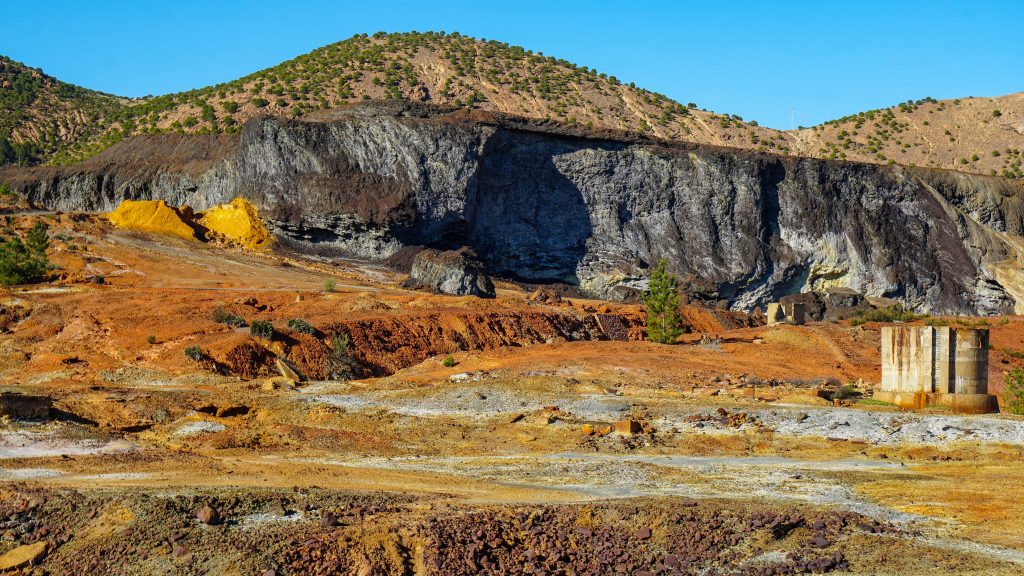Reserves of natural hydrogen are found that could power the Earth for 170,000 years
fuente de energía, hidrógeno natural, Nature, renovable, Tierra
19 May 2025
An international team of scientists from the universities of Oxford, Durham and Toronto have identified huge reserves of natural hydrogen in the Earth’s continental crust, accumulated over more than a billion years. This finding, published in the journal Nature, suggests that these reserves could supply the planet’s energy needs for at least 170,000 years, positioning hydrogen as a practically inexhaustible energy source.
The study proposes new methodologies to identify viable underground hydrogen deposits, similar to the processes used to explore helium, considering factors such as hydrogen production, rock type and geological conditions. Natural hydrogen, generated from hydrocarbons, is emerging as a clean alternative to fossil fuels. In technical terms, hydrogen is classified into different “colors” according to its energy origin: gray (gas and methane), brown (coal) and green, the most promising, produced from renewable energies.
However, scientists warn that there are still significant challenges to the extraction and commercialization of this resource. The lack of adequate technology and the need to develop effective exploration methods are key to accessing these sustainable energy sources.
This discovery could revolutionize global energy systems and be instrumental in the transition to cleaner and more sustainable energy.








